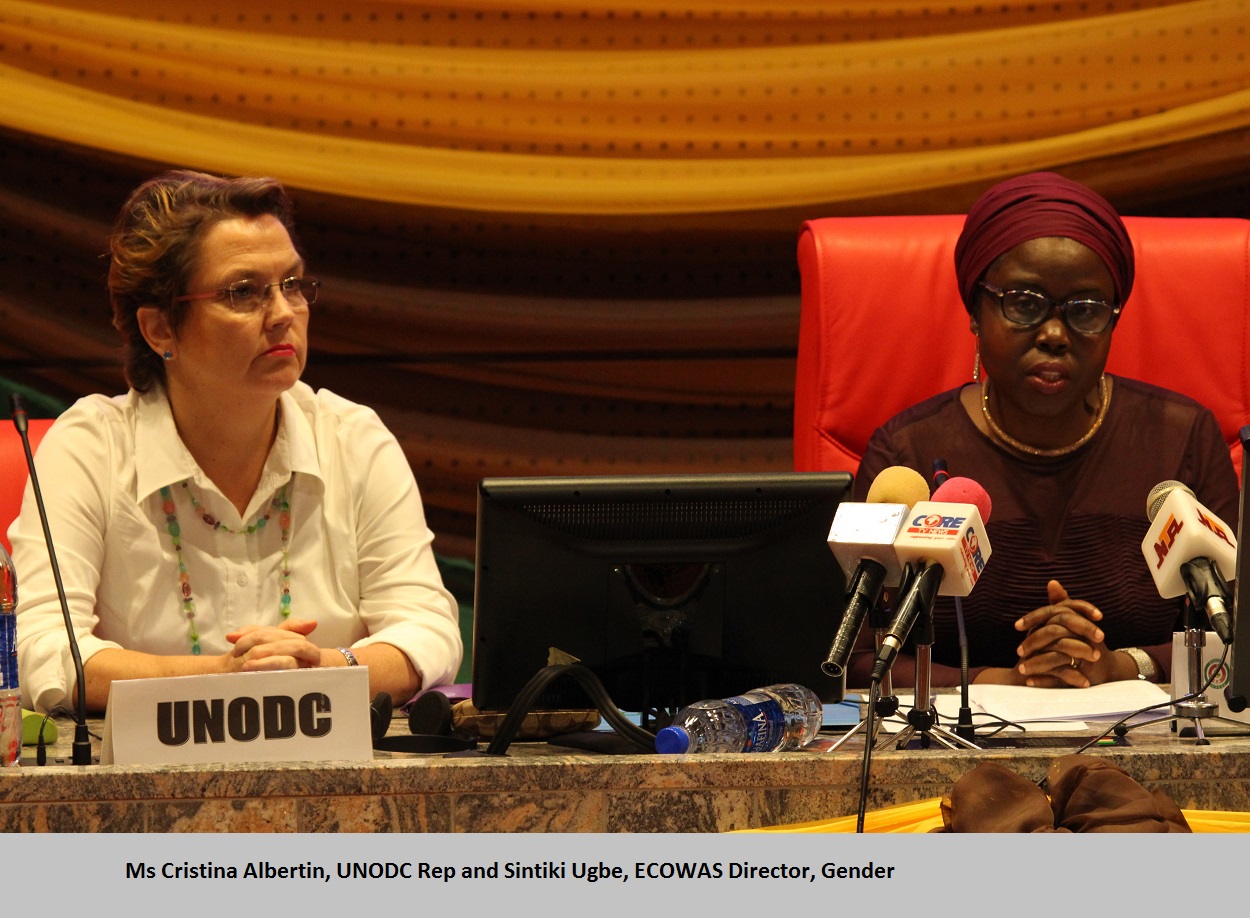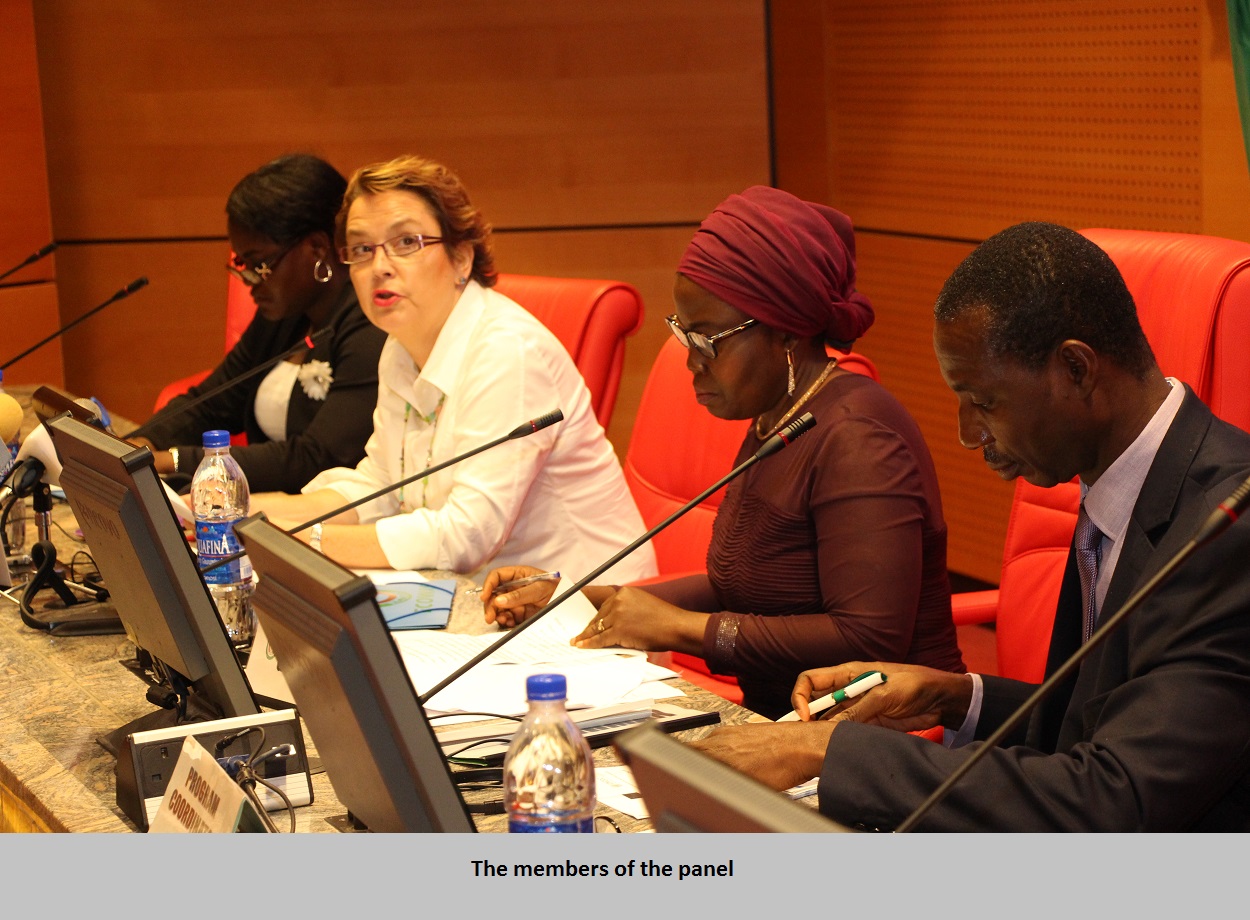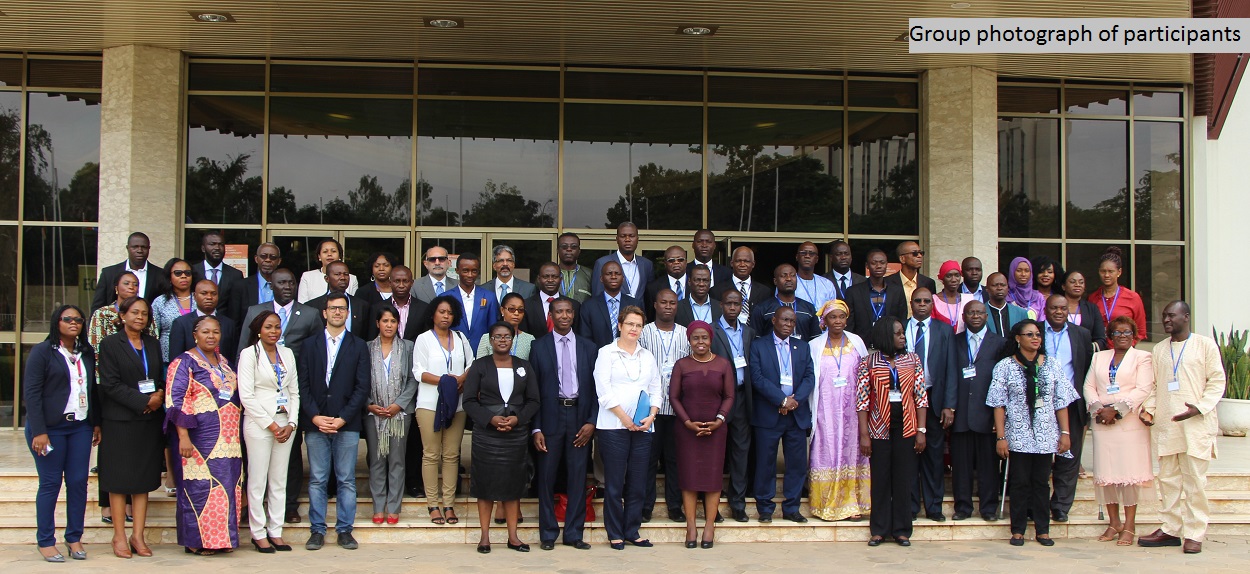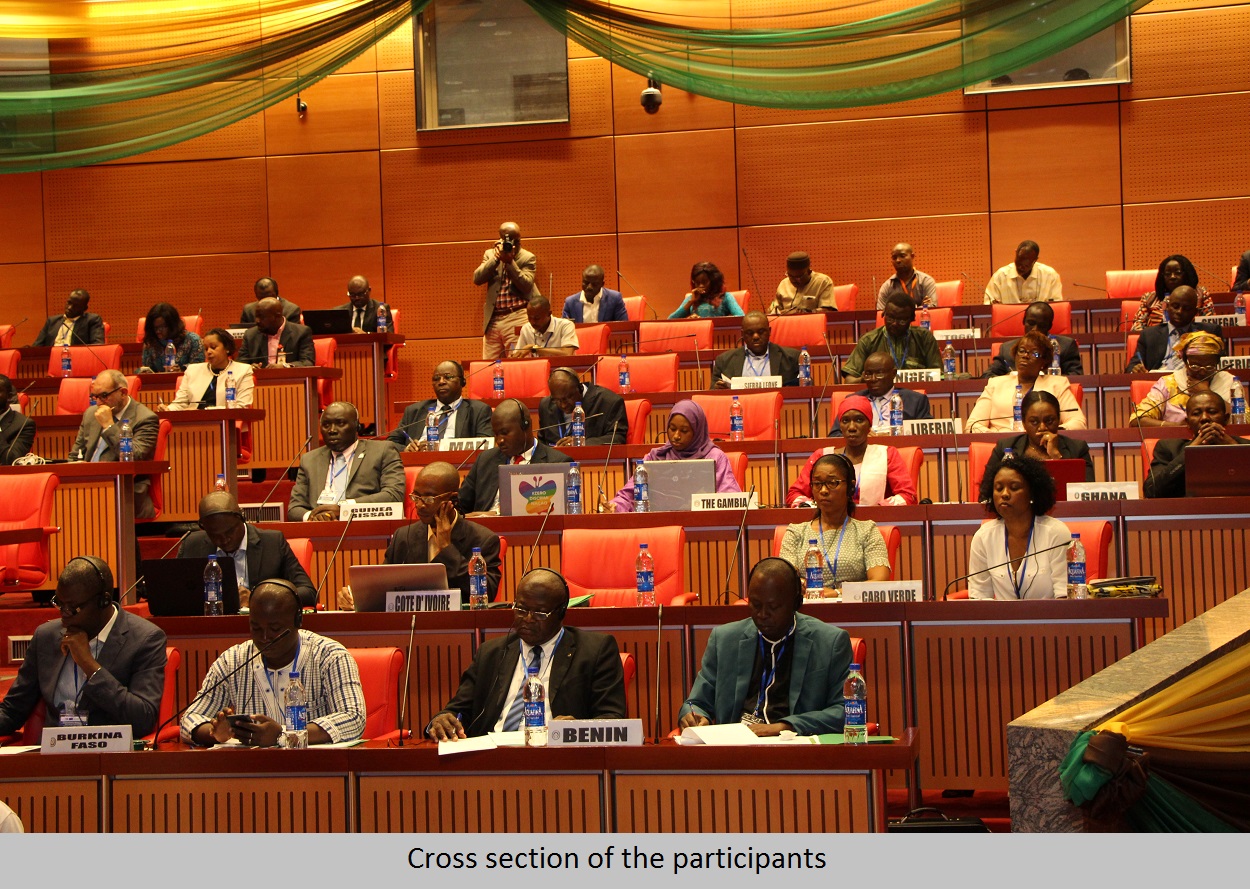ECOWAS sues for greater focus on the complex nature of drug use
| Abuja 13th July 2016
The technical experts meeting of the West African Epidemiology Network on Drug Use (WENDU) opened in Abuja on the 13th of July 2016 with the ECOWAS Commission suing for greater focus on the complex nature of drug use.
The meeting was convened among other aims, to drive home more support to the ECOWAS Regional Action Plan on Illicit Drug Trafficking, Related Organised Crime and Drug Abuse in West Africa. Addressing the experts and participants drawn from member states, regional and international institutions and agencies as well as civil society organisations, Dr. Sintiki Ugbe, the Director of Gender Youth, Sports, CSO, Employment and Drug Control of the ECOWAS Commission, disclosed that owing to the complex and ever changing nature of drug and substance use and abuse, ECOWAS will love to have a situation where the challenge of lack of epidemiological data in the region is met.
Dr. Ugbe who represented Dr. Fatimata Dia Sow, Commissioner for Social Affairs and Gender of the ECOWAS Commission, said requisite studies, data collection and adequate follow ups on meetings have now become necessary in order to cope with the dynamics of the phenomenon of drug use.
Expressing delight at the availability of the experts and delegates, the Commissioner gave a progress report on the strides of WENDU from the ECOWAS perspective and noted among others that there now exists a United Nations project team at ECOWAS. She further disclosed that the team has called for proposals aimed at supporting innovative measures to curb illicit drug use and prevention of same. A pilot project team has been raised in this regard. Burkina Faso, Liberia and Sierra Leone were named as beneficiaries in the first instance while studies are currently being compiled to advance the present state of work.
The United Nations Office on Drug and Crime (UNODC) was commended for its role in establishing the network to coordinate epidemiology network in the region.
The UNODC Representative Ms Cristina Albertin noted that drug use has continued to be a major global health challenge while global drug markets continue to expand and diversify. According to her while only few years ago, experts talked mainly about the production, trafficking and use of plant-based drugs such as cannabis, heroin and cocaine, the world is now assailed by a series of synthetic drugs, such as amphetamines as well as with the problem use of prescription drugs and a new category of so-called new psychoactive substances. She added that although anecdotal evidence seems to suggest an increasing trend in drug use especially among young people in West Africa, available data are inadequate for the effective design, planning, implementation, monitoring and evaluation of prevention of demand reduction and treatment programmes. UNODC is currently implementing a project to Support the ECOWAS Regional Action Plan on illicit drug trafficking, organized crime related to it and drug abuse in West Africa, which is fully funded by the European Union. |







